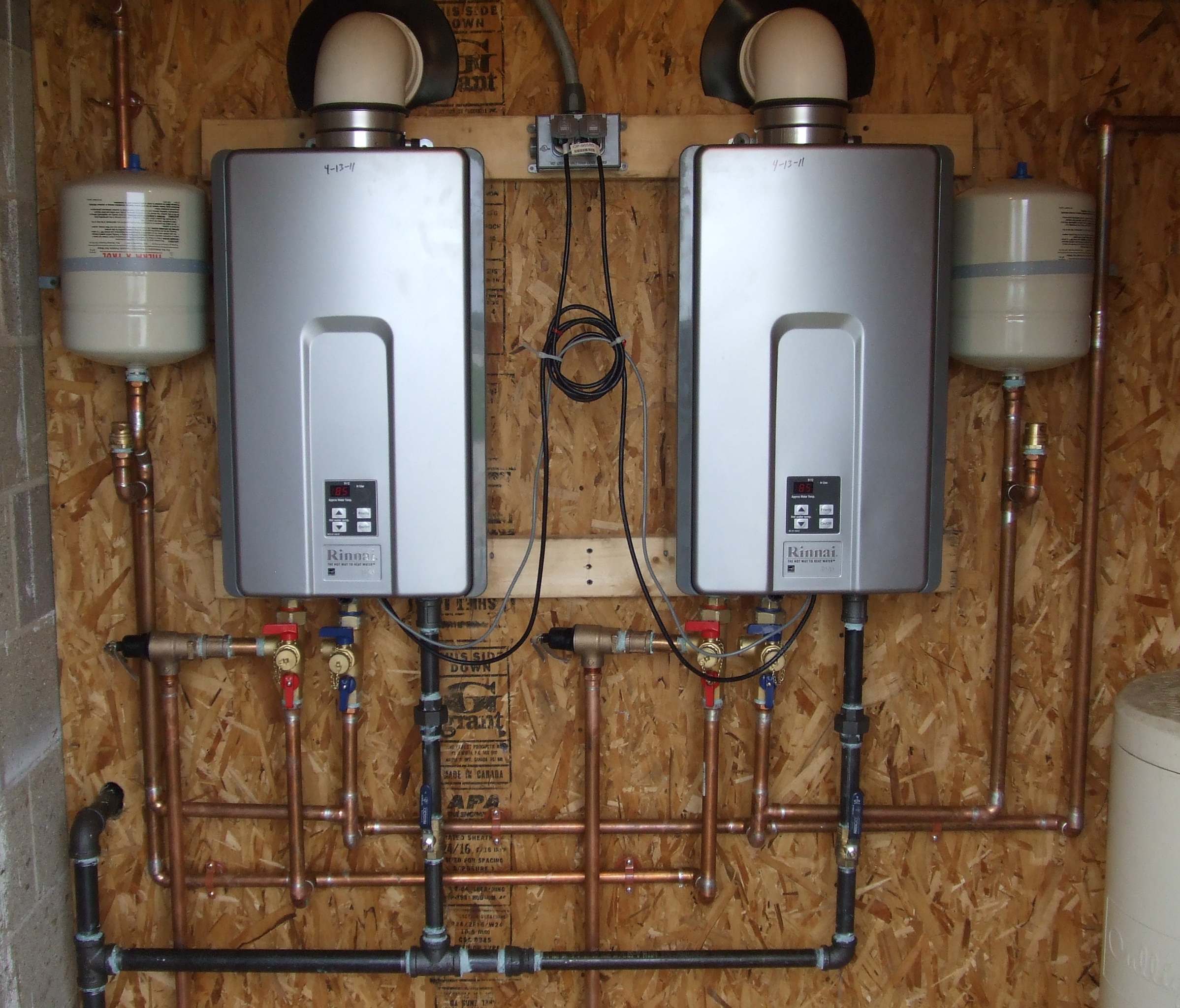The publisher is making a number of great observations on the subject of Common Problems with Tank Water Heaters overall in the article just below.

Picture beginning your day without your regular hot shower. That already establishes an inadequate tone for the rest of your day.
Every residence requires a reliable hot water heater, yet only a few know exactly how to manage one. One simple means to maintain your hot water heater in leading form is to look for mistakes consistently and also repair them as soon as they appear.
Remember to shut off your hot water heater before sniffing about for faults. These are the water heater faults you are probably to encounter.
Water also warm or also cold
Every water heater has a thermostat that identifies exactly how hot the water gets. If the water coming into your house is too warm despite setting a convenient optimum temperature level, your thermostat may be defective.
On the other hand, too cold water might be because of a stopped working thermostat, a broken circuit, or inappropriate gas circulation. For instance, if you utilize a gas hot water heater with a damaged pilot light, you would certainly get cold water, even if the thermostat is in excellent condition. For electrical heaters, a blown fuse might be the offender.
Not enough hot water
Hot water heater come in lots of dimensions, depending on your hot water needs. If you lack hot water before everybody has had a bath, your water heater is as well tiny for your family size. You need to consider setting up a larger hot water heater storage tank or going with a tankless hot water heater, which occupies less area as well as is much more long lasting.
Odd noises
There are at least five kinds of noises you can hear from a hot water heater, yet one of the most usual analysis is that it's time for the hot water heater to retire.
Firstly, you ought to be familiar with the typical sounds a hot water heater makes. An electrical heater may seem different from a gas-powered one.
Standing out or banging noises normally mean there is a slab of debris in your storage tanks, and it's time to cleanse it out. On the other hand, whistling or hissing noises may merely be your valves allowing some pressure off.
Water leaks
Leakages might originate from pipes, water links, valves, or in the worst-case circumstance, the storage tank itself. With time, water will wear away the tank, as well as locate its way out. If this occurs, you require to replace your hot water heater as soon as possible.
Nevertheless, prior to your adjustment your entire tank, make sure that all pipelines remain in place and that each shutoff functions perfectly. If you still need assistance recognizing a leakage, call your plumber.
Rust-colored water
Rust-colored water means one of your water heater components is rusted. It could be the anode rod, or the container itself. Your plumber will certainly have the ability to recognize which it is.
Warm water
Despite just how high you established the thermostat, you will not obtain any type of hot water out of a heating unit well past its prime. A water heater's effectiveness may decrease with time.
You will also obtain warm water if your pipes have a cross connection. This suggests that when you activate a tap, hot water from the heating system moves in along with routine, cold water. A cross connection is very easy to area. If your warm water taps still pursue closing the water heater shutoffs, you have a cross connection.
Discoloured Water
Rust is a significant reason for filthy or discoloured water. Deterioration within the water storage tank or a failing anode rod might trigger this discolouration. The anode pole shields the storage tank from rusting on the within and ought to be inspected annual. Without a pole or a properly operating anode rod, the warm water quickly corrodes inside the storage tank. Call a professional water heater service technician to establish if changing the anode pole will certainly fix the problem; if not, replace your hot water heater.
Conclusion
Preferably, your hot water heater can last one decade prior to you require a change. However, after the 10-year mark, you might experience any one of these mistakes much more on a regular basis. At this moment, you ought to add a brand-new hot water heater to your budget plan.
How To Troubleshoot 3 Common Water Heater Problems in Twin Cities
The Water Heater Is Leaking
- A leaky cold water inlet valve
- A loose pipe fitting
- A leaky temperature and pressure relief valve
- A corroded anode rod
- A cracked tank
Turn Off Your Water Heater:
- Shut off your gas water heater by turning the gas valve on the unit to the “OFF” position.
- Shut off your electric water by switching its power off at your electrical panel. Look for a two-pole breaker labeled “water heater” and turn it to the “OFF” position. Move the ball valve connected to the water heater to be perpendicular to the piping at a 90° angle.
Look for the Leak:
Depending on whether the water is coming from the tank's top or bottom, you’ll want to look for the leak in different locations.
If the leak comes from the top of the tank, carefully look for water escaping from the cold water inlet valve or loose pipe fittings. Rusted hot and cold water valves can have loose connections with the tank, with water leaking out of them.
https://mspplumbingheatingair.com/blog/how-to-troubleshoot-3-common-water-heater-problems
We hope you liked our section on Common Problems with Your Home Water Heater. Thank you so much for taking time to browse our content. Sharing is good. One never knows, you might be doing someone a favor. I praise you for your time. Don't forget to stop by our website back soon.
Plumbing emergencies? Our experts await.
Comments on “Managing Everyday Water Heater Troubles”